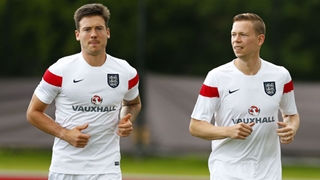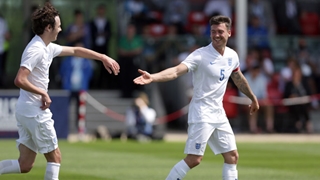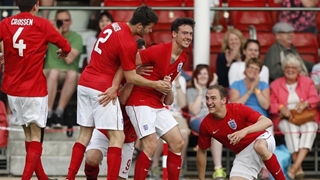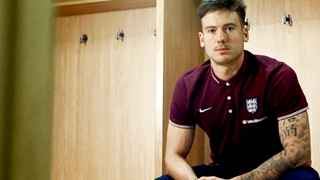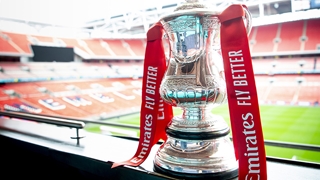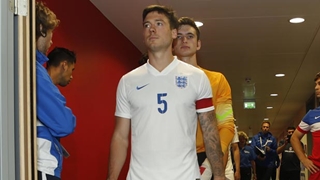
After captaining England to their best CP World Championships finish, Jack Rutter is now focused on standing on the podium in Rio de Janeiro with a Paralympics medal around his neck.
Rutter, a former Birmingham City youth team star, had his mainstream career ended at the age of 18 after an unprovoked attack left him with a fractured skull, deaf in one ear and with mild cerebral palsy in all four limbs.
But after finishing the 2015 Cerebral Palsy World Championships among the world’s top five nations – thanks to a 2-0 victory against Ireland – a place at the 2016 Paralympic Games is assured.
And Rutter says it will be a special moment for all involved.
“It’s going to be amazing,” he told TheFA.com. “Obviously I need to get picked first and I don’t take anything for granted in this life. My story tells you that.
Jack Rutter's inspirational story
“But if I do, and if I get picked and I’m captain of Great Britain as well, that would just be the most amazing thing ever after what’s happened.
“I’m going to work my hardest in the next 14 months to promote the sport and do well myself and help the team. I think we can really turn a few heads in Rio and get on that podium.”
Rutter was speaking as the curtain came down on the eighth Cerebral Palsy World Championships.
Jack's Rutter's strike against Ireland
The 12-day tournament was held at St. George’s Park, and the England captain said he was delighted with how things had gone.
“The coverage, crowds and overall awareness this competition has generated has been phenomenal,” he continued.
“I didn’t get to go to London 2012 [Paralympics] because I wasn’t aware.
“My injury was in 2009. It would have been lovely to have had the same media coverage that we’ve had this time around.
“If it was the same back then I would have found out about it and would have had a chance of playing. But this time round it’s been fantastic.”
As well the media attention – which included visits from the BBC, Sky and ITV – Rutter said the tournament’s legacy will run far deeper than just raising awareness among the current age group.
Throughout the competition large numbers of the ball boys and girls, player escorts and crowd members were invited from local disability groups and schools – many of whom with cerebral palsy from birth.
And this opportunity to inspire the next generation, Rutter says, will be the true legacy of the 2015 Cerebral Palsy World Championships.
“The Paralympics in London were fantastic for all sports and for people with disabilities,” he added.
“But for people with cerebral palsy especially – people coming to watch the likes of Matt Crossen who have suffered a stroke, myself who had a brain injury – or people who were born with it like Giles Moore or George Fletcher.
“They have people to look up to now and it just shows you that if you can overcome adversity and you can get through those barriers you can go and achieve something in your life.
“That will be the legacy of this tournament.”




